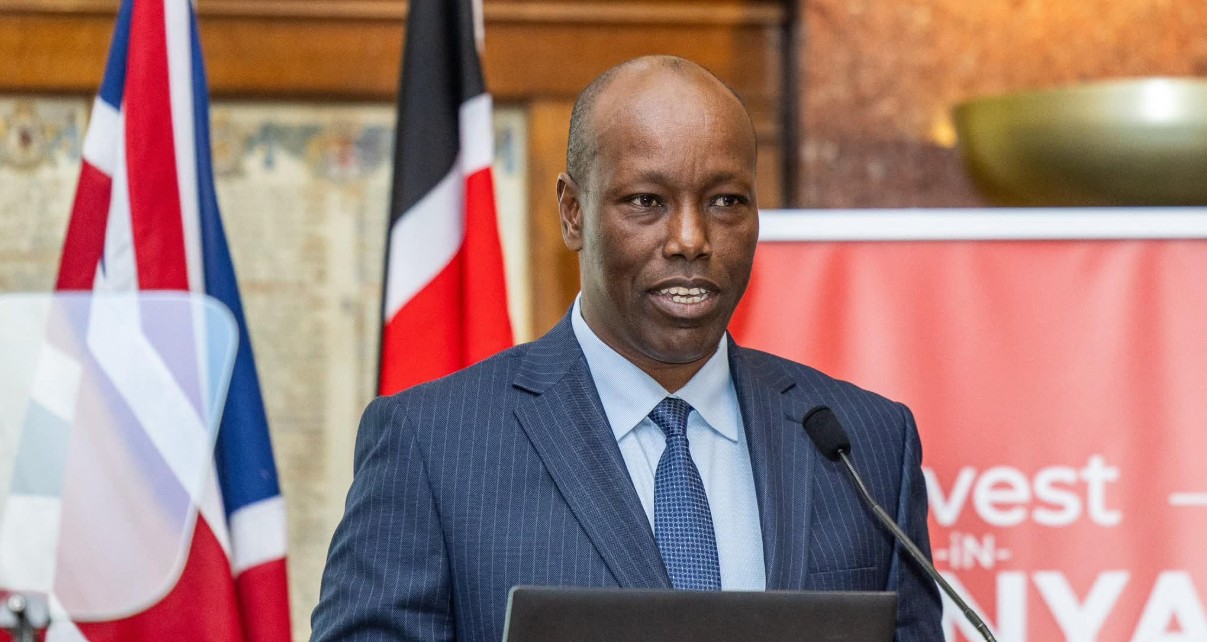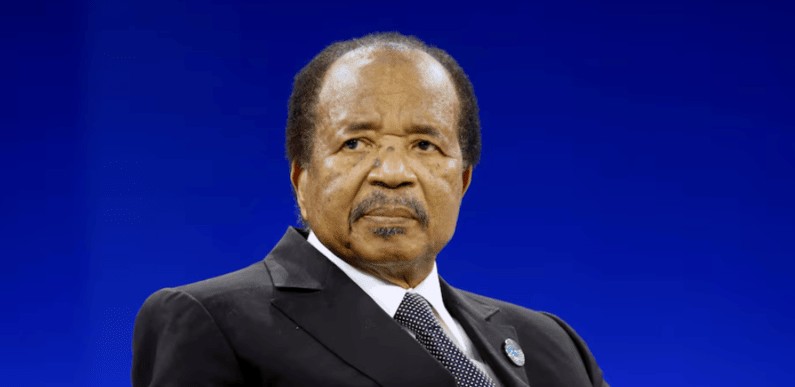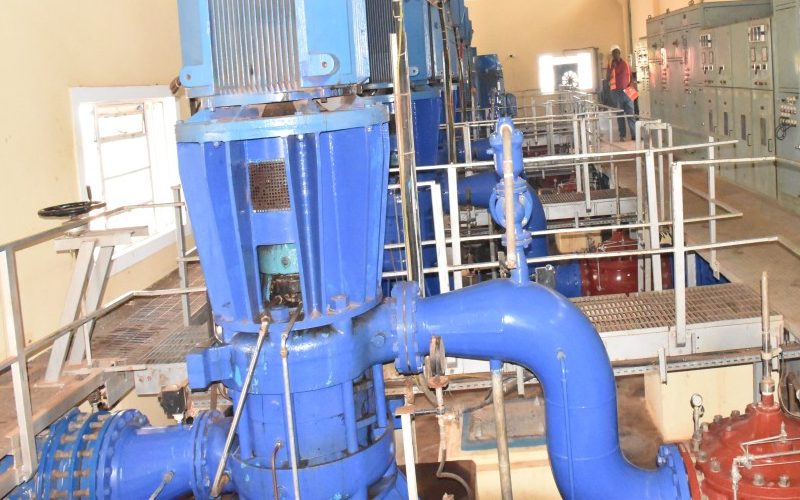Kenya urges urgent action as Tanzania’s new trade restrictions threaten EAC integration

Trade Cabinet Secretary Lee Kinyanjui criticised Tanzania’s actions, saying they violate key provisions of the EAC Common Market Protocol and undermine the spirit of regional cooperation.
Kenya has formally protested against Tanzania’s introduction of new taxes and licensing restrictions targeting non-citizens, warning that the measures could undermine the progress made under the East African Community (EAC) integration agenda.
In a statement issued Tuesday, Trade Cabinet Secretary Lee Kinyanjui criticised Tanzania’s actions, saying they violate key provisions of the EAC Common Market Protocol and undermine the spirit of regional cooperation.
More To Read
- Tanzania’s pre-election tensions deepen as opposition official arrested
- What you need to know about Tanzania's election
- EAC confirms investment-ready Kenya–Uganda Expressway, enhancing Mombasa port access
- Amnesty flags arrests, abductions and killings ahead of Tanzania’s 2025 elections
- Chadema official claims authorities blocked him, party members from attending Raila's funeral
- EALA inaugurates regional anti-corruption network to strengthen accountability
He pointed out that the EAC remains Kenya’s largest export destination, accounting for 28.1 per cent of the country’s total exports, valued at Sh297 billion in 2024.
Within the bloc, Tanzania is Kenya’s second-largest trading partner after Uganda, with bilateral trade amounting to Sh63 billion in 2024.
Discriminatory tax measures
“The government of Kenya has, however, noted with concern the imposition of new and discriminatory tax measures by the United Republic of Tanzania, which threaten the regional trade gains,” Kinyanjui said.
The measures in question include the Tanzania Finance Act, 2025 and the amended Tanzania Excise (Management and Tariff) Act, 2019, which introduced a 10 per cent excise duty and a 15 per cent Industrial Development Levy.
Kenya also raised objections to the newly gazetted Business Licensing (Prohibition of Business Activities for Non-Citizens) Order, 2025, which bars non-Tanzanians from operating in 15 types of businesses—including micro and small enterprises.
While existing licence holders are exempt, the order took immediate effect and imposes heavy penalties for violations.
“Kenya acknowledges and respects the sovereign rights of EAC Partner States to legislate on domestic matters, but also believes in the importance of consultation, coordination, and consistency in implementing policies that affect cross-border goods transfer,” said the CS.
Undermining economic integration
He warned that Tanzania’s actions undermine the core objectives of economic integration under the Common Market Protocol.
“All Partner States made binding commitments, and Article 13 of the EAC CMP specifically allows EAC nationals to establish and operate businesses, not to treat EAC nationals less favourably than their own nationals,” he said.
“Kenya requests that these restrictions be removed and that Tanzania revert to measures provided for in the EAC protocol. The Business Licensing Order, which seems to be criminalising lawful EAC investments, will hurt both our economies. It is therefore critical, in the spirit of EAC, that bilateral engagements be held to resolve these issues.”
Customs Union Protocol
Kinyanjui noted that Kenya, through the Ministry of Investments, Trade and Industry, has been actively participating in consultative forums aimed at aligning national trade policies with the EAC Customs Union Protocol.
He highlighted the outcomes of the 1st Extraordinary Sectoral Council on Finance and Economic Affairs (SCFEA), where Kenya and other member states directed the EAC Secretariat to compile a list of excise duties, levies, and charges that contradict the Customs Union Protocol. The list is to be submitted by August 30, 2025.
The EAC Secretariat was also tasked with harmonising the definitions of “imports” and “exports” across member states in line with EAC standards by June 30, 2025, and with convening a second compliance-focused SCFEA session by September 30, 2025.
In addition, Kenya and Tanzania have scheduled further bilateral talks to address the contested measures and resolve ongoing trade disputes. These include a technical meeting on tobacco product trade in Arusha from August 4–5, and a Joint Trade Committee session on levies, fees, and charges from August 11–12.
“We are, therefore, positive that these engagements will yield positive results grounded on the foundational principles of the EAC, including the free movement of goods, people, transfer of services, labour and capital,” Kinyanjui said.
“In line with the spirit of the EAC, ‘one people, one destiny,’ we are committed to upholding the principles of non-discrimination, transparency, and equity, guiding all our future trade-related decisions.”
Top Stories Today














































